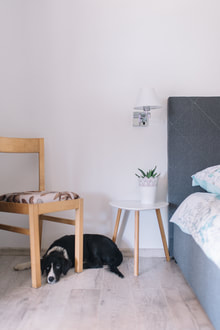 With so many people spending more time at home in the last nine months, I have seen a lot of concern about what will happen to dogs and other pets when life returns to "normal". The worry is that separation anxiety will abound. The point I want to make in this blog post is that there is a difference between a lonely pet and true separation anxiety (SA). Malena de Martini is a well known specialist in Separation Anxiety and is the go-to for trainers wanting to learn more on the topic. On her website, she defines the causes of SA as follows: "Separation anxiety can be instigated by a potentially genetic predisposition, a scary experience when left alone (such as a house burglary or taunting by construction workers), moving, re-homing, changes in the family (the loss or exit of a family member, for example), a particularly traumatizing experience (for example, a dog attack, or being hit by a car), or recurring, overlong absences. The risk factors are infinite and not entirely known." Note that she did not say that SA is caused by a long period of time together, followed by being apart, which is the current concern. This doesn't mean it's not possible, but it's not common enough for her to list it. 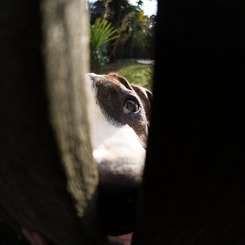 Separation Anxiety is similar to an uncontrollable panic attack. That is very different from a dog who is bored at home because no one is there to play or snuggle on the couch with any more. A lonely dog may chew up a shoe because it smells like you and felt good to chew on. A dog with SA is more likely to claw and chew at walls and doorways in a desperate attempt to get out. A dog who is left alone too long may not be able to hold their bladder and/or bowels...or may even have an upset stomach resulting in an accident on the floor. A dog with SA may lose control of these things within minutes of your departure out of sheer panic. I certainly don't want to encourage anyone to ignore concerns about SA if they see distressing indications. It will NOT go away on its own. The dog will not get used to the new routine and recover. Instead, it is likely to worsen dramatically. 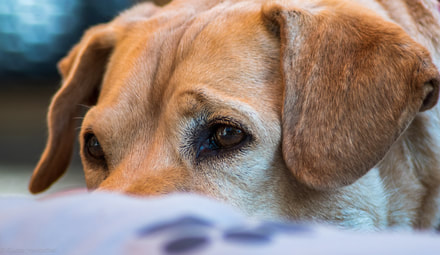 If you review the causes which Malena DeMartini lists for SA, you'll see they are things you would either want to avoid anyway (traumatic experiences) or they are primarily unavoidable life changes (moves, loss of a family member). So other than being on the careful lookout for changes in your dog's behavior should one of these situations occur, there isn't much else I can advise you to change. If you do see changes, contact a trainer or veterinarian immediately. Being proactive will give you a better chance at success, rather than waiting to address it. Most importantly, which is why I want to end with this, is how to prevent the loneliness and boredom in preparation for return to "normal times". We want to begin working on that now, so that we can set our dogs up for success by preparing them gradually. First, the loneliness can be minimized by gradual return to time spent alone. If you have been spending most of your day at home and also taking them with you when you go places, start to make short trips without them. If you are going to the store for a quick run in to fulfill your organized list, don't look at that as a possibility for your dog to stay in the car, but rather to stay home. When you get home, look carefully at your dog's environment for small signs of stress. Any nibbles on furniture or clothing? Any drool or signs of excessive water consumption? Providing all looks normal, schedule a slightly longer outing next time and again assess when you return. What you want to do is gradually build up the time which your dog spends alone. Build it so gradually that they don't really notice that it's getting longer. It may not be easy because we want to take advantage of this time to be with our best friends but we also don't want them miserable when we return to work. If you don't have the opportunity to be away from home, you can set up a situation where you do a mock separation. Confine either your dog or yourself to a room or part of the house away from each other. If your dog is accustomed to sleeping on their bed in the kitchen while you are working in your bedroom/now office, they won't feel the separation as acutely as if they are curled up on the couch with body contact for all your working hours. Again, do this gradually, working up to longer periods of time over a matter of weeks. 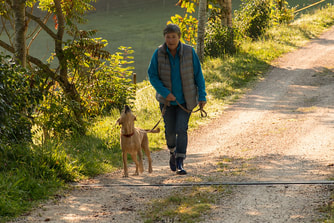 What can you do to provide your dog with company if you do have to be gone for long periods of time when you return to work? Can you hire a dog walker to play with them and take them for sniffs? Please be careful to screen potential people carefully to be sure they are kind people who enjoy dogs and will keep your dog safe. Get referrals and see if you can observe them sometime. Another option is to find a dog friend. Maybe a friendly neighbor has a dog who your dog plays well with. Is there an opportunity for your dogs to get together somehow? That could provide exercise and mental stimulation for both dogs which would help them be more content when they are alone. Or maybe you work close enough to home that you can take a long lunch a couple days a week to go home and spend time walking or playing with your dog yourself. And finally, if you are lucky enough to be able to take your dog with you to work, even some of the time, and it's a safe and fun environment for your dog, that is another great option. Assuming you have worked out a way for your dog to get some interaction with people and/or dogs, there are also things you can provide to keep your dog entertained when they are alone. Please take precautions with all of these recommendations because you know your dog best. Do not leave them unsupervised with any toy if your dog is a known destroyer and consumer of toys! I have a page on my website with some suggestions of toys which my own dogs enjoy. I also have a youtube video showing how to use the contents of your recycling bin to create a fun mealtime challenge. Even if you don't leave these things for your dog to utilize unsupervised, enrichment activities will tire them out so they sleep better when you are gone. Again, if you are concerned that your dog is exhibiting symptoms of Separation Anxiety, don't hesitate to contact a professional. If your dog seems content, be thankful but also create and execute a plan to help them transition to more time alone when that becomes reality.
2 Comments
|
what's this?Occasionally, I have thoughts I want to share. This may be inspired by a success, a struggle, or a conversation. Thanks for reading! Archives
August 2021
Categories |
Photos from miguel.discart, shixart1985 (CC BY 2.0), Günter Hentschel, skua47, Günter Hentschel, shixart1985

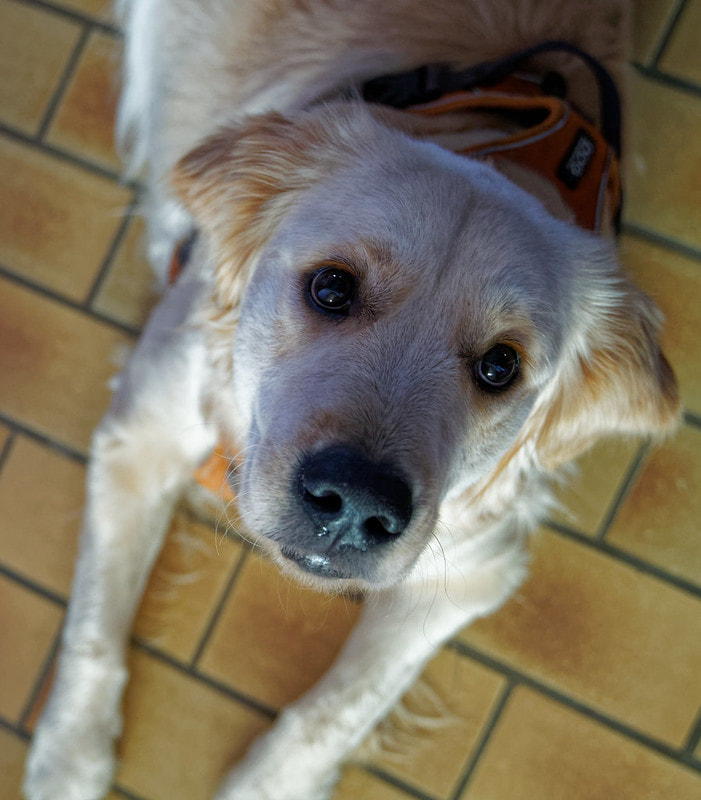
 RSS Feed
RSS Feed